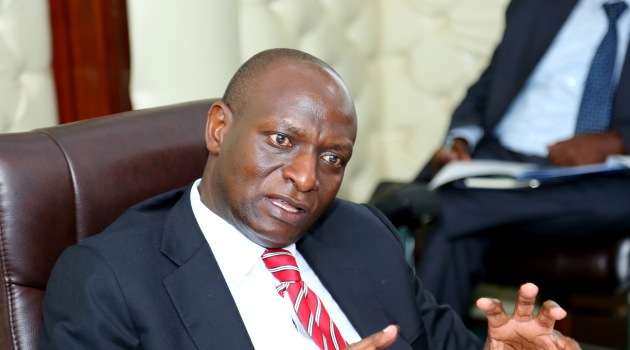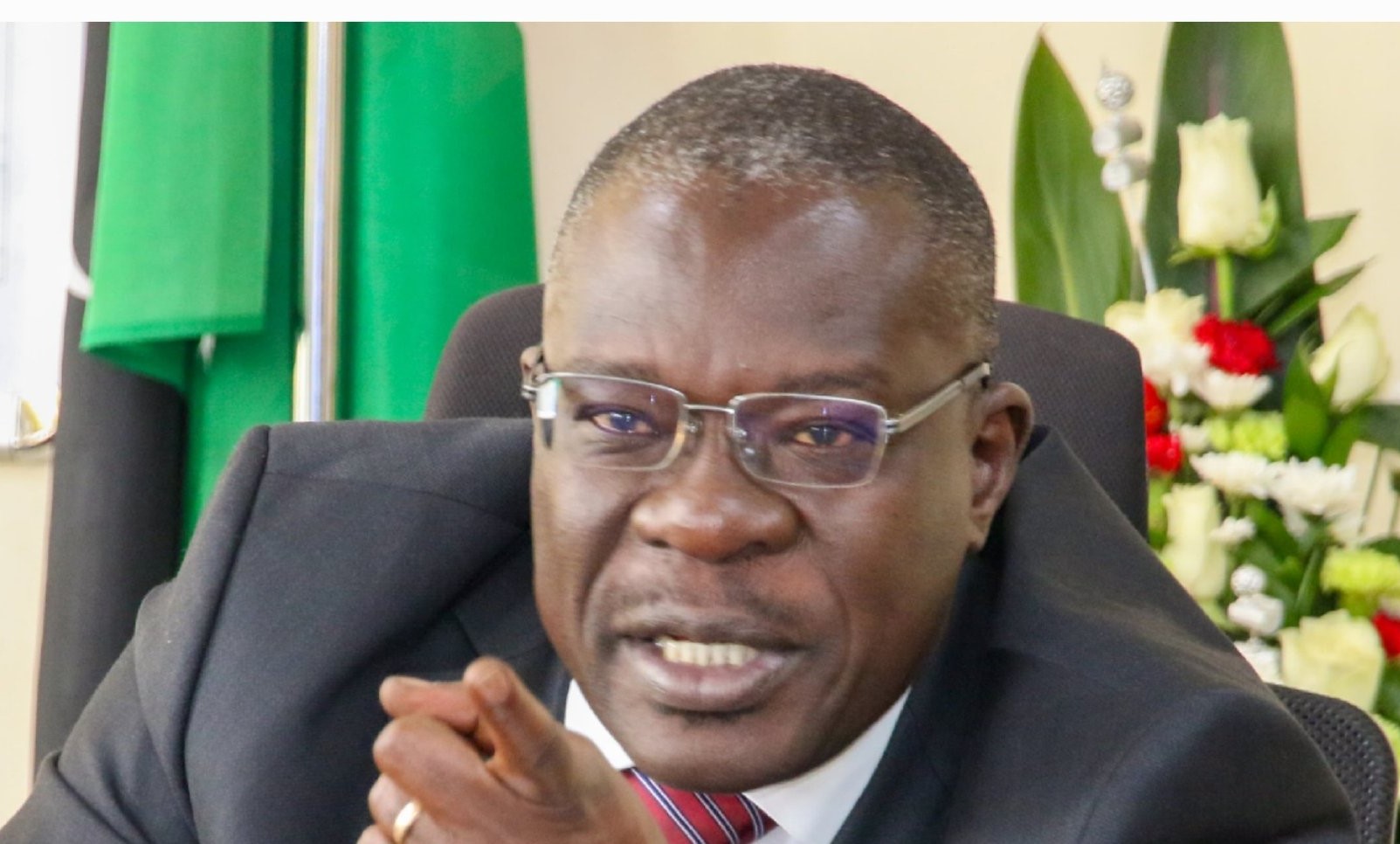By The Weekly Vision Team
The economic hardship and the volatile political situation in the country have forced President William Ruto to delay delivering the annual State of the Nation Address, with sources saying he has been advised by his handlers against making the address now to avoid public humiliation and embarrassment.
Analysts say that the delayed address is a result of his administration’s poor ratings among Kenyans, which is being seen as a failure to implement or fulfil election pledges made during his campaigns. The law is clear on what should form the content of such an address, but the fear that nothing much has been achieved so far means that the address now might cause more harm than good.
According to the parliamentary calendar, the national assembly is expected to break for the long recess from December 8th, 2023, to February 12th, 2024. With only a few weeks left, the president has not communicated with the Speakers of the National Assembly and Senate over the issue. If recent ratings are anything to go by, he might be burning midnight oil to put his house in order before he delivers the address.
In the latest survey conducted independently by research firm Infotrak, a majority of Kenyans reported that the country was headed in the wrong direction one year after he assumed office as president. 53% of them said he was taking the country in the wrong direction. According to the research, the president’s performance only received an average grade of ‘C’ while the office of the Deputy President occupied by Rigathi Gachagua received a grade of ‘D’. The report revealed that most Kenyans are largely concerned about the high cost of living, unemployment, affordable quality education, agriculture, access to affordable healthcare, and corruption.
It is against such negative ratings that his handlers are taking their sweet time to come up with a moderate report that will not expose their boss to heavy criticism from the public. The expected address, though delayed, is coming at a time when there is serious fallout between the president and his deputy, coupled with a growing rebellion in the Mount Kenya region.
Other sources, however, claim that the president is waiting for the report from the National Dialogue Committee, which he wants to use as his key achievement in terms of Article 10(2) of the constitution. There are all indications that the bipartisan talks have struck a deal and that the report will form the basis of his address. The address will come at a time when even the clergy have come out publicly to demand service delivery and fulfilment of election pledges made by the president last year.
Leading the onslaught from the pulpit is Anglican Church Archbishop Jackson Ole Sapit, who was initially perceived as a Ruto confidante, but he has turned out to be his greatest critic. He is on record criticizing the president’s appointments, warning that if the trend continues, it may lead to disunity amongst ethnic groups in the country. “There is glaring tribalism and cronyism in public appointments; this inequality is not acceptable,” said Sapit.
Article 132(1) of the constitution clearly states that the President shall address the opening of each newly elected parliament and a special sitting of parliament once every year to report to the nation all measures taken and the progress achieved in the realization of the national values referred to in Article 10 of the constitution.
Article 10(2) of the constitution states, “The national values and principles of governance include:
(a) Patriotism, national unity, sharing and devolution of power, the rule of law, democracy, and participation of the people;
(b) Human dignity, equity, social justice, inclusiveness, equality, human rights, non-discrimination, and protection of the marginalized;
(c) Good governance, integrity, transparency, and accountability; and
(d) Sustainable development.
The Azimio leadership is said to be waiting for the address, especially on matters touching on patriotism, national unity, sharing and devolution of power, the rule of law, democracy, and the participation of the people. Under this provision, Azimio has been making claims that Ruto’s administration has failed to unite the country, especially on calls by Deputy President Rigathi Gachagua that Kenya is a company where those who voted for Ruto are the shareholders.
Despite the criticism, Ruto’s allies have come out strongly to defend his appointment. On numerous occasions, Gachagua has said that Ruto will only appoint those who support his presidency. He had been quoted on numerous occasions saying, “The government is a company; where the Kenya Kwanza supporters are majority shareholders, others have none.”
Still, there have been claims that the Kenya Kwanza administration has not done much on sharing and devolution of power, where regions perceived to be Kenya Kwanza’s strongholds continue to benefit from the government in terms of projects and development allocations. Another fear in the Ruto camp is that Azimio could be waiting to take them head-on on issues to do with human dignity, equity, social justice, inclusiveness, equality, human rights, non-discrimination, and protection of the marginalized.
Under this article, Azimio has been on record complaining of police brutality during past street demonstrations, where lives were lost through police brutality. Under inclusiveness, there have been complaints that Ruto has made skewed appointments to state positions where the majority of those holding key positions in state corporations are his from Kalenjin’s backyard, followed by Kikuyus and the few remaining slots shared among the other Kenyans.
Under good governance, integrity, transparency, and accountability, Ruto will be at pains to convince Kenyans that there is transparency and accountability in his administration. There have been instances where corruption-related cases have been dropped and suspects freed due to their close links with Kenya Kwanza, while those in the opposition are harassed, intimidated, and threatened through state agencies.





